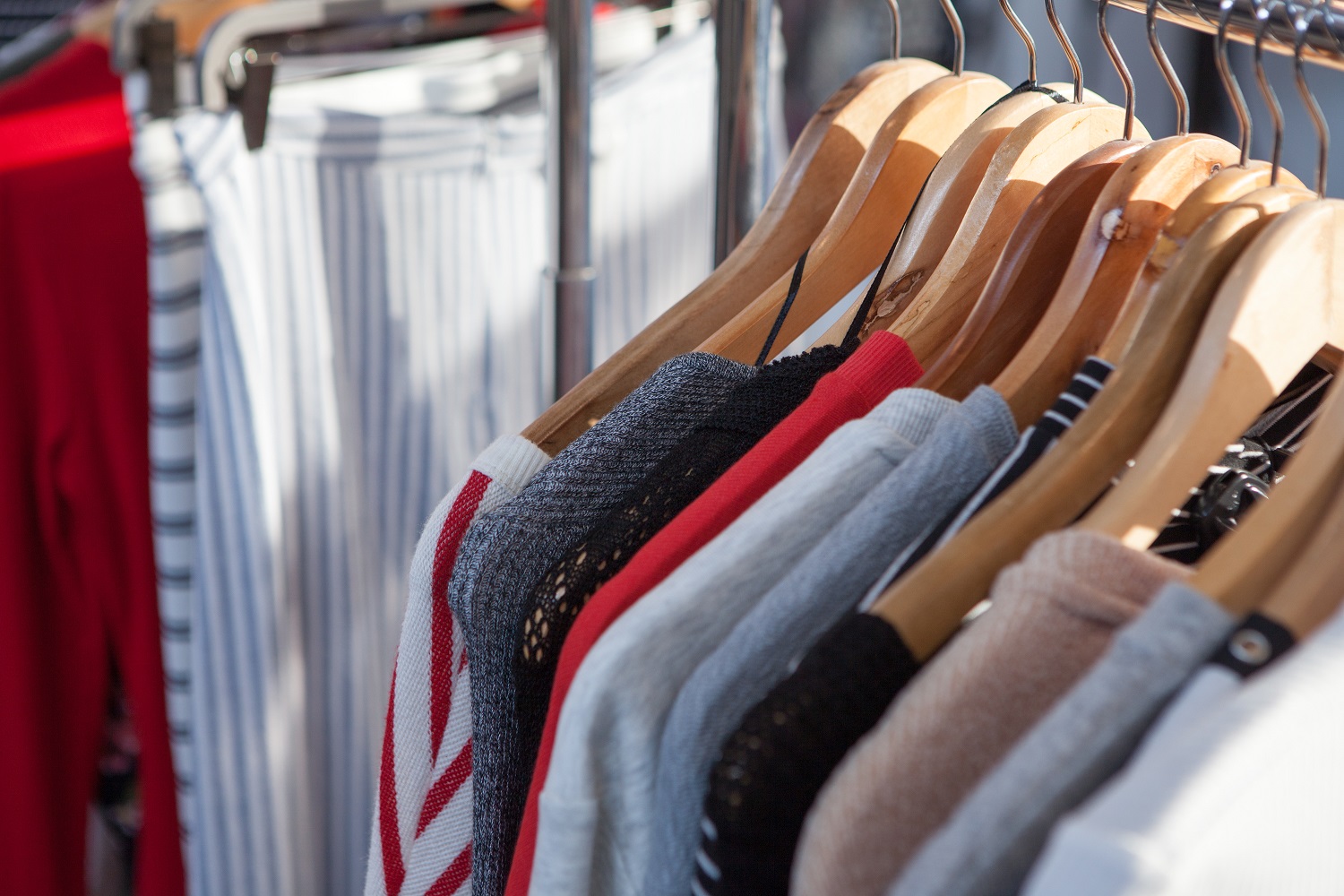The British government has started the Best Available Techniques Framework (BAT), a program aimed to make textile and chemical companies work to prevent or minimise their harmful impact on the environment.
The plan establishes a new regulatory framework for regulators and industry to work together in order to identify and apply up-to-date emission standards. Under the environmental permits granted by regulators, industries will have to use the best technology available to prevent or reduce their environmental impact from the textile waste.
The program will see the UK government working with industry and local councils to identify the appropriate methods and types of technologies to try and reduce pollution within the agreed emissions limits.
The Environment Minister, Steve Double, has explained that “tackling emissions is essential to reduce the damaging effects of air, water and land pollution on people and the environment. The new framework and collaborative approach will ensure higher standards for industrial emissions across the UK and a more effective governance structure to support industry in finding the best available techniques to meet these standards.”
The initiative builds on work already underway as part of the European 2030 Climate Target Plan for the 55% reduction of greenhouse gas emissions, and the UK’s Government’s Clean Air Strategy, which aims to halve the harm caused by air pollution by 2030. In Spain a similar legislation was passed in July 2021 (Ley de Cambio Climático y Transición Energética), which, among other goals, includes cutting greenhouse gas emissions by 23 % (compared with 1990 levels.)
Tackling textile waste
According to the European Environment Agency, Europeans use nearly 26 kilos of textiles and discard about 11 kilos of them every year. Eighty-seven percent of those discarded clothes end up in incinerators or landfills, which are among the world’s largest sources of greenhouse gas emissions.
But this does not need to be like that. The European Commission presented in March 2022 a new strategy to make textiles more durable, reusable and recyclable, so they do not need to go to waste. Discarded clothes can be exported outside the EU, that is why in Tekstila we help fashion brands to do just that. We help them reduce the number of unsold goods that might end up in landfills, because we buy those goods and introduce them into the international market in compliance with the new legislative frameworks.

